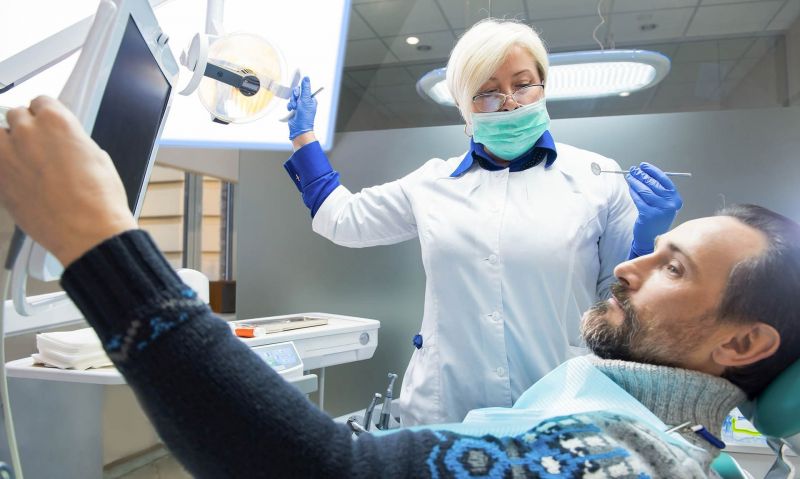
How to cover dental care in retirement
LEARN HOW YOUR PLANNED GIFT CAN HELP THE AMERICAN LEGION
I had dental insurance through my work for many years, but no longer have that coverage since I retired and joined Medicare. Where can retirees find affordable dental care?
About two-thirds of U.S. retirees do not have dental insurance. Without coverage from traditional Medicare, and the perception that private dental insurance will cost too much to be feasible, most seniors are stuck paying full out-of-pocket prices every time they visit a dentist. While there is not a simple solution to affordable dental care, there are a variety of options that can help cut costs. Here is where to look.
Medicare Advantage
While dental services are mostly excluded under original Medicare, many Medicare Advantage plans provide coverage for dental care – but it is usually limited. Medicare Advantage plans are government-approved health plans (usually HMOs and PPOs) sold by private insurance companies that you can choose in place of original Medicare. To shop and research Advantage plans in your area, visit Medicare.gov.
Dental insurance
If you need extensive dental care, a dental insurance plan may be worth the cost. Monthly premiums for individual plans range from about $20 to $80. A typical plan includes two or three cleanings and checkups per year. These plans will likely have a waiting period – anywhere from a few months to a few years – before coverage for more expensive procedures kicks in.
Dental savings plans
While savings plans are not as comprehensive as insurance, they are a good option for those who do not have dental insurance. With this plan, you pay an annual membership fee ranging anywhere from $80 to $200 a year in exchange for 10% to 60% discounts on service and treatments. To find a savings plan, use your preferred search engine to search for plans and participating dentists in your area and get a breakdown of the discounts offered.
Veterans' benefits
If you are a veteran enrolled in the VA health-care program or are a beneficiary of the Civilian Health and Medical Program (CHAMPVA), VA offers a dental insurance program that gives you the option to buy dental insurance through Delta Dental and MetLife at a reduced cost. VA also provides free dental care to vets who have dental problems resulting from their service. To learn more about these options, visit VA.gov/dental.
Cheaper dental care
Because prices can vary by dentist, one way to ensure you get a good deal on your dental care is to call multiple providers and compare prices. Search online to get an idea of what different dental procedures cost in your area. Additionally, if you are paying cash, it may be reasonable to inquire about a price adjustment as many dentists may offer a discount.
There are also a number of health centers and clinics that provide low-cost dental care to those in need. All university dental schools and college dental hygiene programs offer dental care and cleanings, typically for less than half of what you would pay at a dentist's office. Students who are supervised by their professors provide the care. Use your preferred search engine to look for a center, clinic or school near you.
“Savvy Living” is written by Jim Miller, a regular contributor to NBC’s “Today Show.” The column, and others like it, is available to read via The American Legion’s Planned Giving program, a way of establishing your legacy of support for the organization while providing for your current financial needs. Learn more about the process, and the variety of charitable programs you can benefit, at legion.org/plannedgiving. Clicking on “Learn more” will bring up an “E-newsletter” button, where you can sign up for regular information from Planned Giving.
